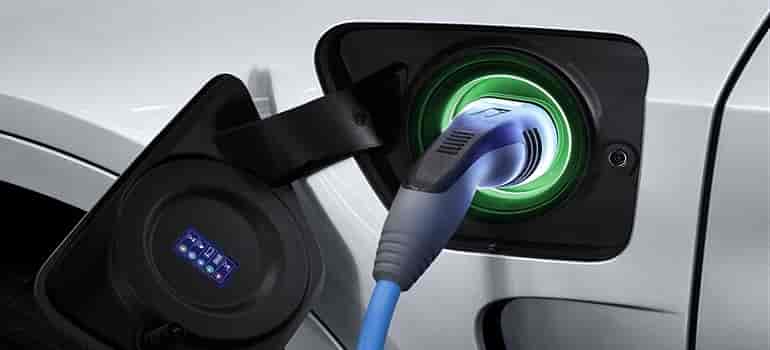As Magenta Mobility leads country’s transition to greener logistics, questions arise about whether CEO Maxson Lewis’s personal vehicle choices align with the company’s sustainability ethos.
Magenta Mobility, a trailblazer in India’s electric mobility space, is gaining widespread recognition for its efforts to decarbonize logistics. The company’s achievement of becoming the nation’s largest 4-wheeler electric cargo fleet operator, with over 500 EVs in operation, represents a significant leap toward sustainable transportation. Yet, a lingering question shadows the company’s otherwise impressive green credentials: should its CEO’s personal vehicle choices align more closely with the brand’s ethos?
Leading Green Logistics
Magenta Mobility has made remarkable strides in transforming urban and intercity logistics. Expanding beyond its established 3-wheeler EV operations, the company now offers 4-wheeler EVs designed for longer journeys, with a range of 150 kilometers per charge. This innovation has allowed Magenta to launch interstate services across critical corridors like Rajasthan-Haryana-Delhi and Mumbai-Pune-Mumbai, proving the viability of EVs for mid-range logistics.
CEO Maxson Lewis has underscored the company’s role in advancing sustainability. “Slowly and steadily, decarbonisation of logistics in the mid-mile and first-mile is becoming a reality,” he stated. Looking ahead, the company plans to add 10,000 EVs to its fleet and expand into new cities, reinforcing its commitment to a greener future.
The Conundrum
Despite Magenta’s clear sustainability goals, critics have raised eyebrows at reports that CEO Maxson Lewis uses a fossil fuel-powered motorbike for personal travel. While there is no legal or operational obligation for the CEO of a green mobility company to drive an EV, some argue that personal choices hold symbolic weight, especially in a sector where perception often drives consumer trust and brand loyalty.
Leadership in the green economy frequently carries an implicit expectation of leading by example. Public figures like Tesla’s Elon Musk or Rivian’s R.J. Scaringe are celebrated for embodying the eco-conscious values of their companies. In contrast, Lewis’s fossil-fuel-powered ride has sparked debates about whether such personal decisions dilute the company’s environmental message.
Personal Choice Impacting Brand Image?
The controversy highlights a broader question: how much do personal choices of leaders influence brand perception in the green sector? While some argue that CEOs are entitled to their preferences, others believe such decisions can undermine a company’s credibility. For Magenta, the concern isn’t about operational efficacy but about maintaining a strong alignment between the company’s values and the public image of its leadership.
Branding experts note that the dissonance between a company’s sustainability initiatives and its leadership’s personal practices can be a double-edged sword. While most consumers prioritize tangible achievements—such as Magenta’s growing EV fleet—perceptions of hypocrisy can become a talking point for detractors, potentially overshadowing progress.
Balancing Sustainability with Individuality
As Magenta Mobility continues to expand its green footprint, the debate over the CEO’s fossil-fuel-powered ride remains a side note to the company’s broader success. However, it also presents an opportunity for the brand to engage in open dialogue about sustainability and the practical challenges of transitioning to an entirely green lifestyle.
Ultimately, Magenta Mobility’s contributions to decarbonizing logistics are undeniable. Whether or not its CEO’s personal choices impact the brand’s perception, the company’s actions in driving the EV revolution speak volumes about its commitment to a sustainable future. The question is whether leadership symbolism should matter as much as tangible results—and whether consumers see personal behavior as an extension of corporate values.


